An invasion of armies can be resisted, but not an idea whose time has come
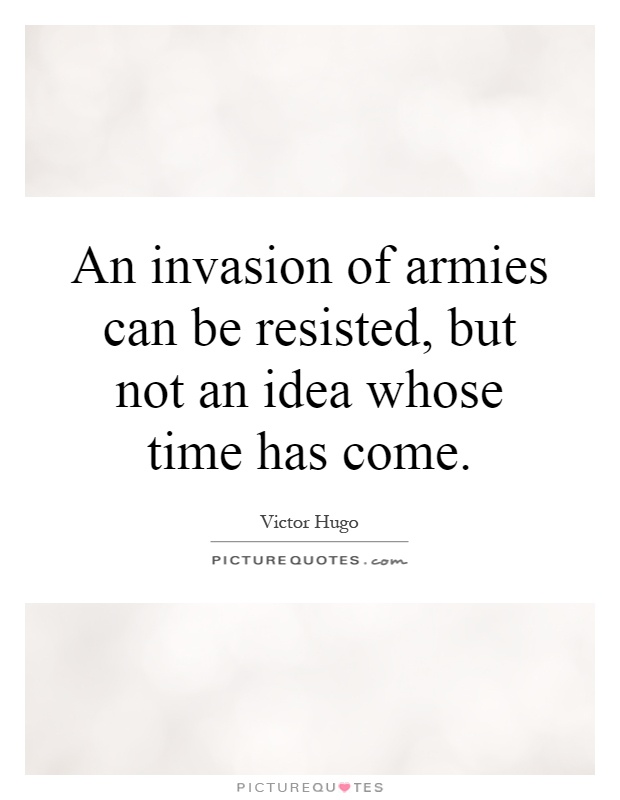
An invasion of armies can be resisted, but not an idea whose time has come
Victor Hugo, the renowned French writer, poet, and playwright, is often credited with the famous quote, "An invasion of armies can be resisted, but not an idea whose time has come." This powerful statement encapsulates the notion that while physical forces can be fought and defeated, ideas have the potential to shape the course of history and cannot be easily suppressed.Throughout his works, Victor Hugo explored themes of social justice, political upheaval, and the power of the human spirit. His most famous novel, "Les Misérables," is a testament to the enduring impact of ideas on society. The story follows the struggles of Jean Valjean, a former convict who seeks redemption and finds himself entangled in the revolutionary fervor of 19th-century France. Through Valjean's journey, Hugo delves into the complexities of morality, compassion, and the quest for a better world.
In the context of Hugo's writings, the quote "An invasion of armies can be resisted, but not an idea whose time has come" takes on a deeper meaning. It speaks to the transformative power of ideas that can inspire individuals to rise up against oppression, challenge the status quo, and strive for a more just and equitable society. In "Les Misérables," the idea of social justice and the inherent worth of every human being drives the characters to confront their own biases, confront injustice, and fight for a better future.
Hugo himself was a staunch advocate for social reform and political change. He used his platform as a writer to speak out against injustice, inequality, and the abuses of power. His works often championed the underprivileged, the marginalized, and the downtrodden, urging readers to question the prevailing norms and envision a more compassionate and inclusive world.
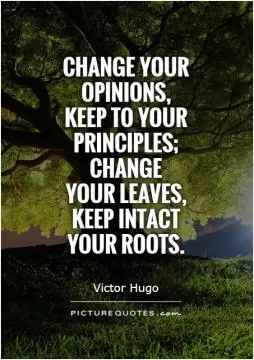
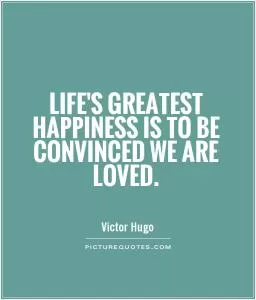
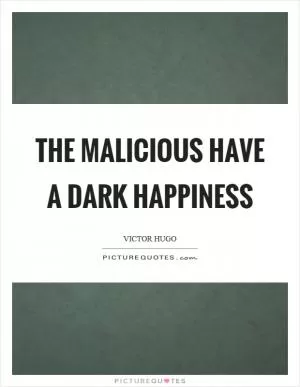
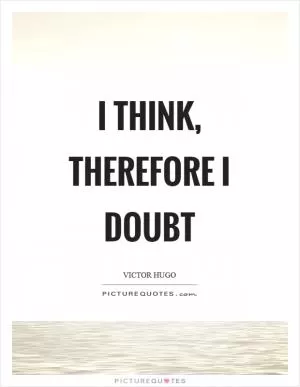
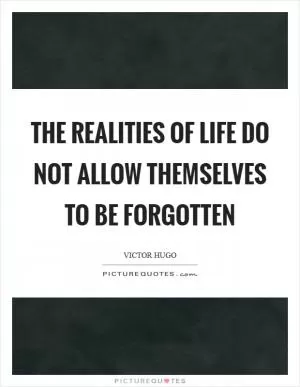
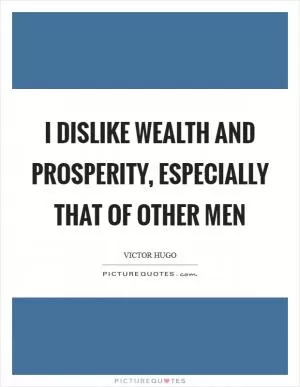
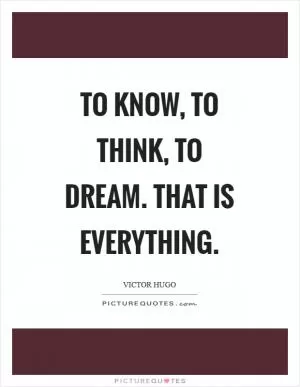
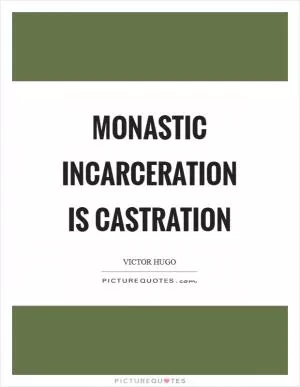
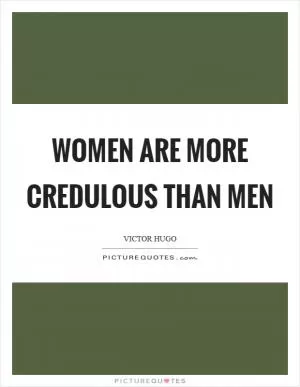

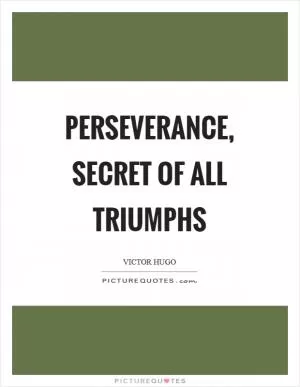
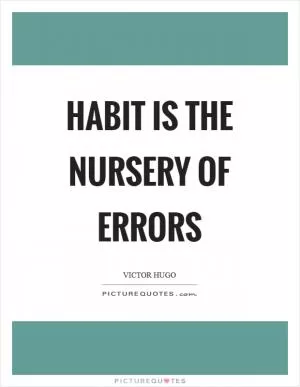
 Friendship Quotes
Friendship Quotes Love Quotes
Love Quotes Life Quotes
Life Quotes Funny Quotes
Funny Quotes Motivational Quotes
Motivational Quotes Inspirational Quotes
Inspirational Quotes